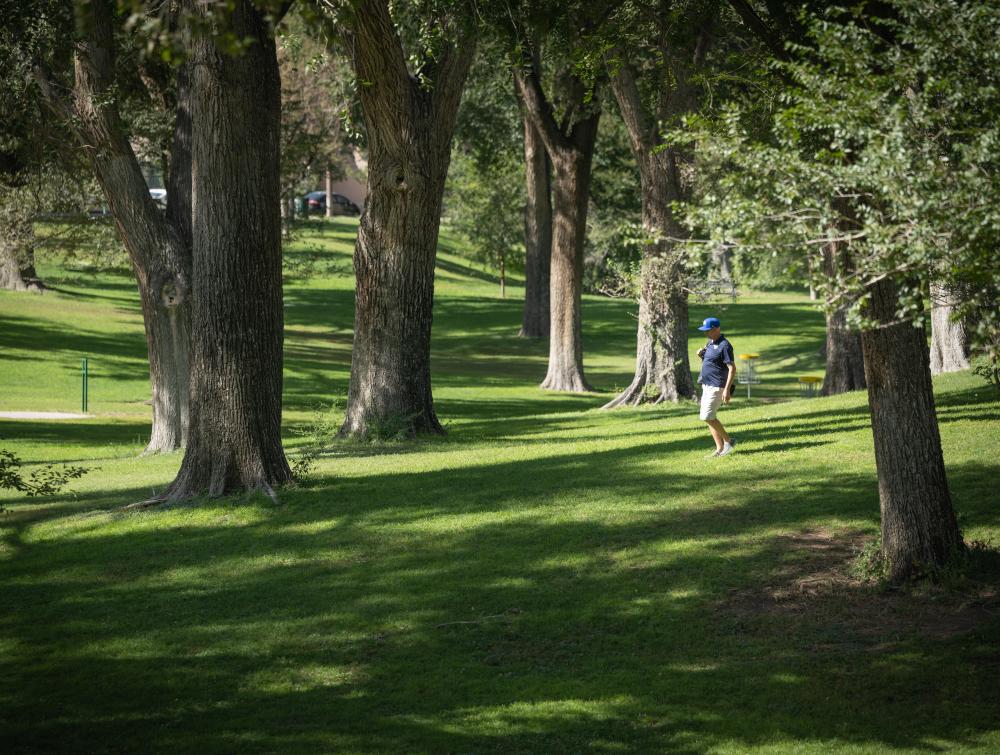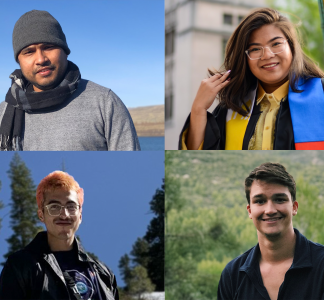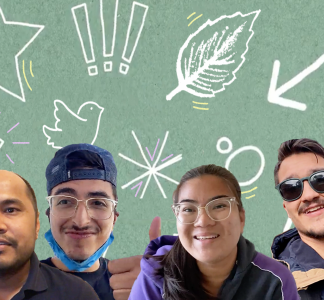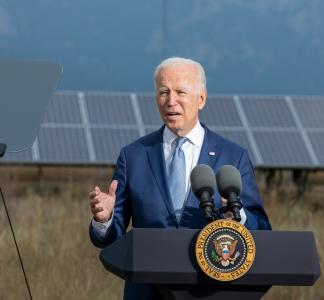Access to nature is a health and human rights issue

Albuquerque, NM
Mason Cummings
Doctors, studies increasingly recognize outdoor time as vital to well-being
In Canada, doctors have started prescribing patients time in nature and free national park passes. Here in the United States, some health professionals are turning to ecotherapy, which incorporates nature into treatment plans. The point is that a growing number of medical professionals are realizing the many evidence-based health benefits the outdoors offers to people.
Research has long supported the connection between health and time spent outside. Whether it’s relaxing in a city park or a hike through a national forest, exposure to nature has been linked to myriad health benefits, including lower blood pressure, decreased risk of heart disease and even a boosted immune system. According to a 2019 study, people who spend two hours outside per week report positive effects on their overall health and well-being compared to those who do not.
In addition to physical health benefits, research shows that time in nature can improve memory, attention and mood, reduce risk of psychiatric disorders and lower stress hormones. And as Dr. Lisa Nisbet, PhD, a Canadian psychologist puts it, people can reap these benefits without being surrounded by wilderness: "You can boost your mood just by walking in nature, even in urban nature. And the sense of connection you have with the natural world seems to contribute to happiness even when you’re not physically immersed in nature.”

Uinta-Wasatch-Cache National Forest, UT
Michelle Craig
Many face barriers to accessing the outdoors
But even those connections are not possible for everyone. Millions of people across the United States face barriers when accessing nature. In fact, 100 million people nationwide – including 28 million children – lack access to a nearby park.
Barriers to accessing the outdoors can include limited transit opinions, financial obstacles or a lack of nearby green space. These barriers do not affect all communities equally. In the United States, 70 percent of low-income communities are in nature-deprived areas, and communities of color are three times more likely than white communities to be in nature-deprived places.
Communities that lack access to nature are not just missing out on a pleasant amenity, they are being excluded from the human right to health and well-being.
Right now, Congress is considering several bills that would increase access to outdoor recreation opportunities in cities across the country. These bills would invest in local parks and green spaces and begin to address outdoor access issues on a national level. It’s time Congress acts for the sake of our health and ensures everyone, regardless of zip code, race or income, has access to the outdoors.



